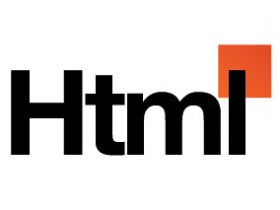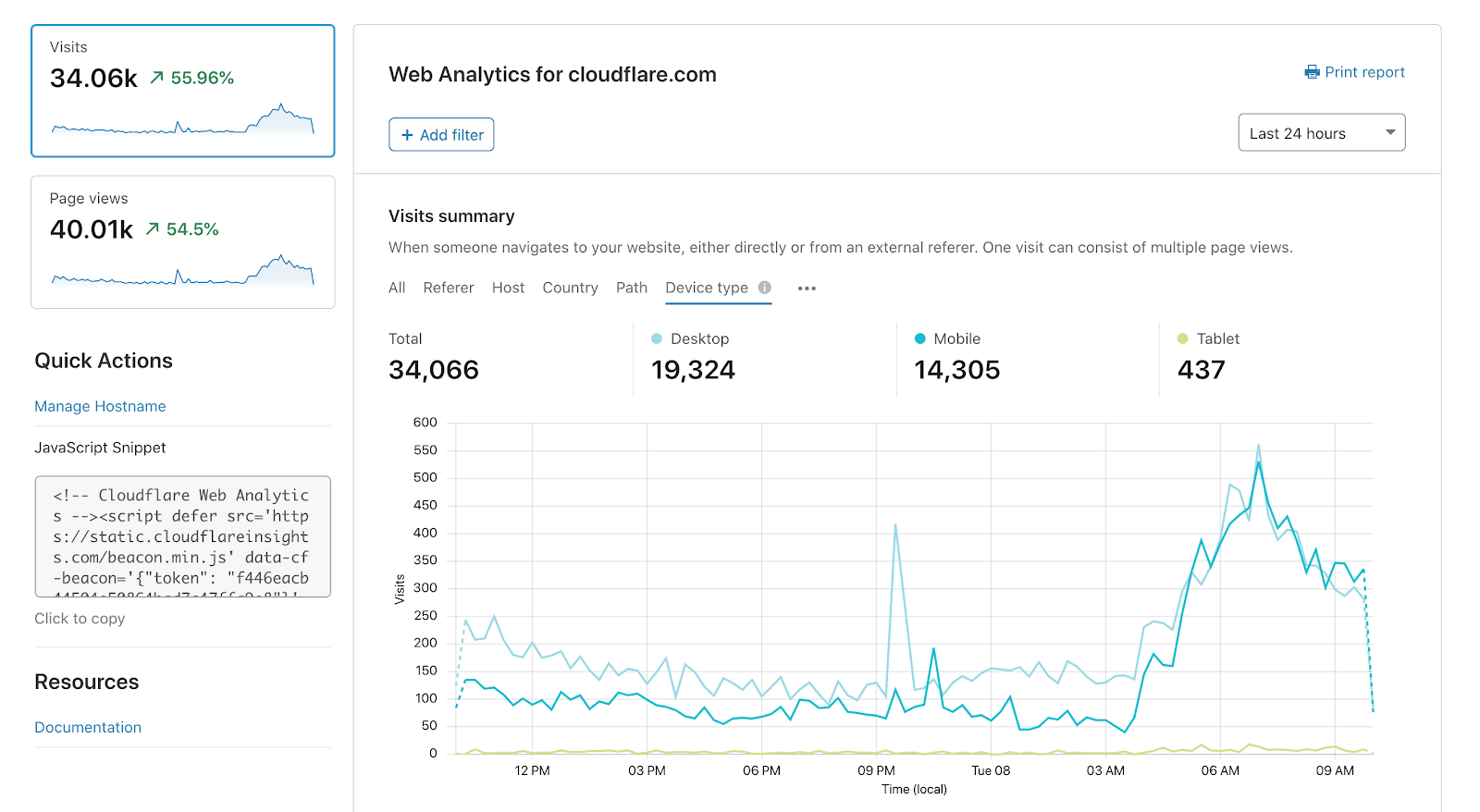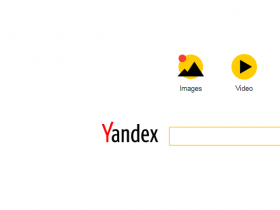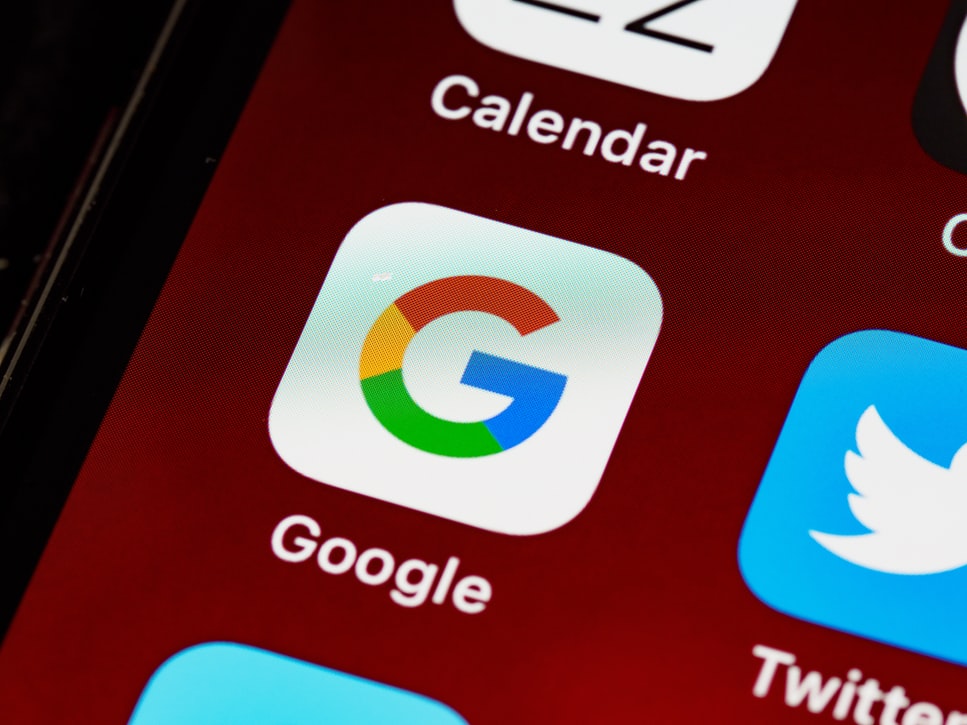PPC advertising is one of the most popular online advertising methods available. You can use this type of advertising to promote your business or service. However, you need to know that it has its own set of problems that you need to be aware of. There are a lot of different reasons why you may not be able to manage your PPC campaign properly. It might be because of a lack of technical skills, a lack of time, a lack of budget, or because you aren’t getting the most out of the service. Whatever the reason, the following article will provide you with some tips that will help you avoid these common PPC problems.
Poorly Designed Website and Slow Site Speed
Web design is a huge part of running a successful PPC campaign. This involves the overall appearance of the website, as well as how it loads and performs. If your site design is poor or doesn’t load quickly, you won’t be able to get much out of your PPC campaign. You need to take care of this aspect of your campaign in order to optimize your results.
. If you are a web developer, you will need to make sure that the site loading speed is optimized. You can achieve this by using tools like Pingdom, PageSpeed Insights or GTmetrix. These tools will help you to determine the loading time of the site. You will also be able to check whether your site has any security issues. You should avoid having a large number of redirects and popups. The less redirects and popups, the faster the page will load. You will also need to consider what the bounce rate means for your site. This is the percentage of visitors who leave your site without doing anything. You should strive to have a very low bounce rate. The main purpose of this is to keep people on your site. If you are selling something, the visitor shouldn’t leave your site. However, if they only want to browse around, they should be able to do that without feeling frustrated. You will also need to make sure that the visitors on your site can find what they are looking for. This includes the search box. It should be placed in the top left corner of the website. You will also need to make sure that your site is mobile-friendly. This means that it will load and operate effectively on a smartphone.
Not Using a High-Quality Landing Page
We all know that landing pages are supposed to convert visitors into leads and sales. But, what happens when you don’t make landing pages high quality? You are likely to get leads, but not conversions. Your visitors might just bounce from your site and never engage with you again. There are several things you can do to create high-quality landing pages. First of all, your landing page must look and behave like a web page. Visitors must feel as if they have landed on a real website. It must look and feel like a website and not a generic sales page. It has to look and feel like a web page. It has to look and behave like a web page. Visitors need to feel as if they are visiting a real website. Next, you must optimize the content on your landing page for search engines. Search engines like Google prefer sites that have a clear, easy to follow structure.
Include Calls to Action
Create a Call to Action for Each Page
Avoid the Trap of an Infinite Scrolling Webpage
Make the Landing Page Clear, Persuasive and Compelling
Add a Great CTA That Has a Clear Value Proposition
The first step in creating a landing page is to come up with a compelling call to action. It’s important that this call to action doesn’t just have an offer, but also has a clear value proposition. This means that you must clearly state what the offer is, why it’s worth the value, and what the visitor will receive. The call to action should also encourage the visitors to take a desired action. Here are some examples of calls to action:
“Get Your Free Book Now!”
“Start Saving Today!”
“Buy Our Awesome Product Now!”
“Subscribe to Our Newsletter!”
“Order Now!”
Don’t Use Infinitescroll or a List of Related Products
A simple, infinite scroll webpage is a waste of time for both users and businesses. This is because it doesn’t allow for a user to get to the bottom of the page. In addition, it takes up a lot of room and makes the page look messy. If you aren’t using a list of related products, then your users will probably never see it.
Maximize Google Ads Budget
We’ve talked about many other aspects of internet marketing, but there are certain things that every online business owner needs to know. These include how to maximize the budget that your business has. The first thing that every business owner needs to do is to maximize their budget. When you start out with an internet business, you need to have a small budget. Once you are making enough money to make ends meet, then you can start planning to increase your budget. You should maximize your budget by being smart about how you spend your money. This means that you need to use your budget wisely and don’t spend a lot of money on one thing. The most important thing that every business owner should know is that they need to keep their PPC budget under control. Most of the time, PPC campaigns are part of a more comprehensive internet marketing campaign that includes other aspects such as SEO. When you are doing this, it is important to maximize your budget because PPC ads are very expensive. In fact, PPC campaigns can cost up to 10 times more than most other forms of advertising. Therefore, it is essential that you don’t spend a lot of money on PPC campaigns.
Google has long used CPA bidding as a tool for advertisers to spend their budget in the most efficient way. However, many advertisers don’t know how to maximize the CPA bidding. To begin with, the amount that Google pays for a click doesn’t change depending on how much you bid for the keyword. If you are bidding $10 per click, Google will pay you $10 per click, regardless of whether you end up spending $100 or $1000 on the ad. If you bid $100 for a keyword, you’ll still get the same amount of money for the same clicks.
This is why it is important to set a maximum daily budget that you’re willing to pay. This ensures that you don’t spend more than you can afford.





